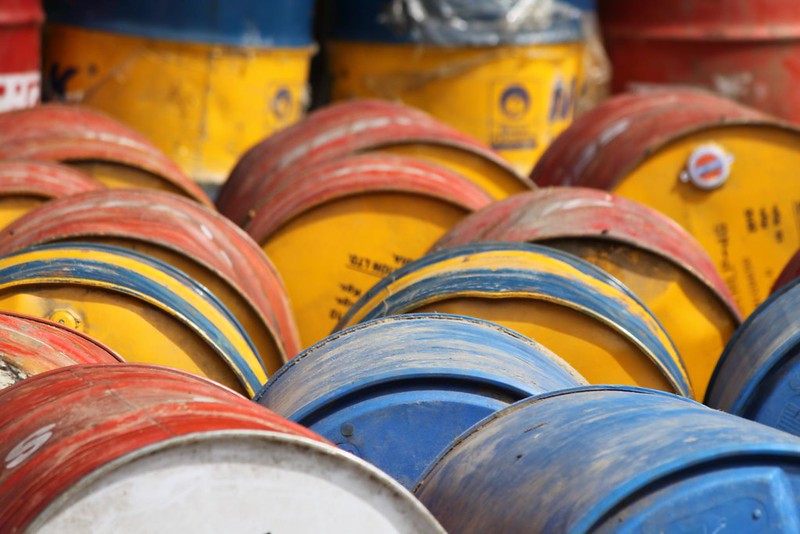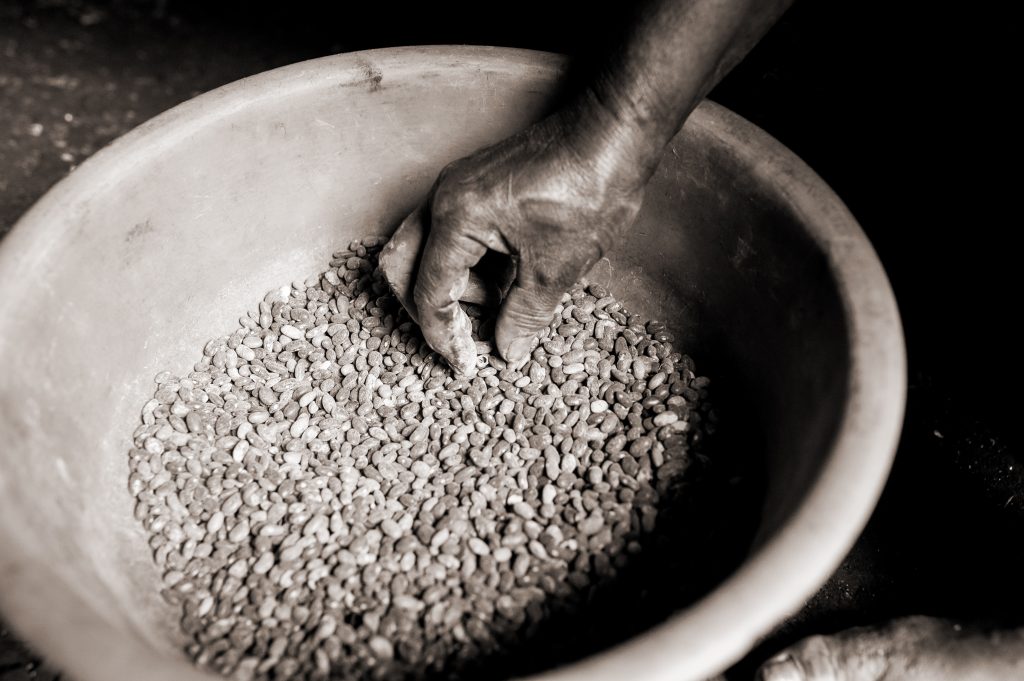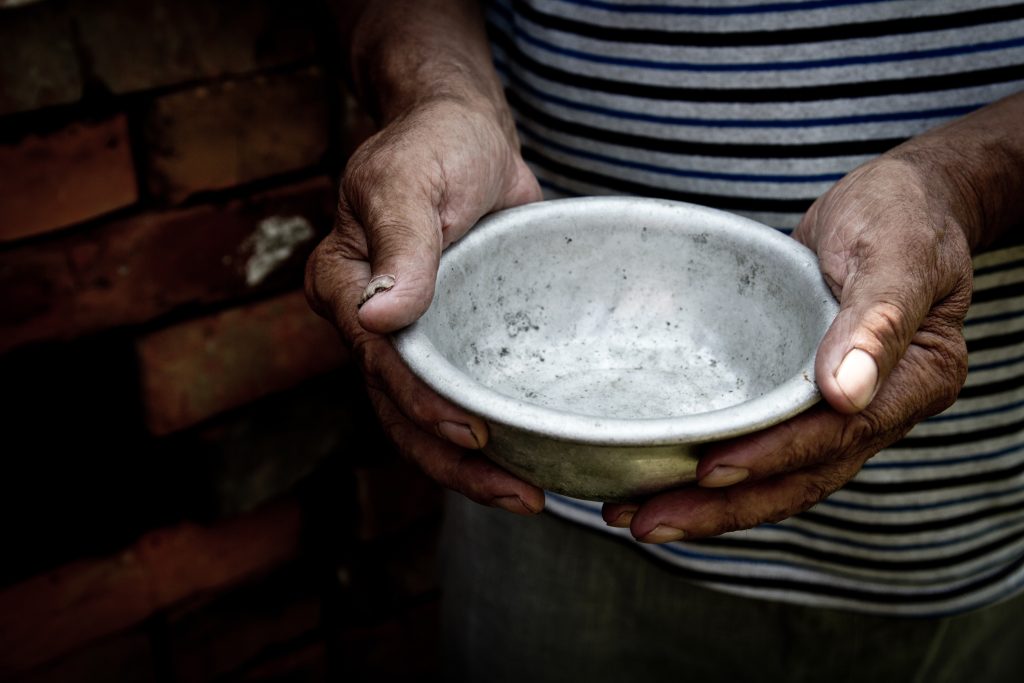On Thursday, a cabal of military officers, security chiefs and paramilitary commanders overthrew President Omar al Bashir, who had been in power since 1989. All were Pres. Bashir’s most senior lieutenants. Their intent is clearly to keep the existing system intact—with all the power and privilege that they enjoy. But it was one of the least competently organized coups in history: there was a conspicuous power vacuum as the military and security leaders argued over what they should do and who should be in charge.
The putschists clamped down on the organized Islamists dissolving the ruling National Congress Party (NCP), partly to weaken potential opposition and partly to send a message to their sponsors in Egypt, Saudi Arabia and the UAE.
The military takeover was the culmination of an impasse in Sudanese politics. Starting on 6 April—the anniversary of the successful Khartoum Spring of 1985, when a non-violent uprising overthrew the dictator Jaafar Nimeiri—huge crowds of opposition protesters converged on the military headquarters in Khartoum. Demanding that Bashir ‘step down, period’, this was the culmination of nearly four months of protests against economic austerity and political repression.
Be careful what you wish for. On the morning of April 11, the jubilant crowds celebrated in anticipation of an announcement by the military that they had deposed Pres. Bashir. By the evening, the leaders of the opposition were vowing to continue their protests against what they decried as a stolen revolution, Bashir-ism without Bashir, and the same old faces. They were right: Bashir’s henchmen replaced their boss with themselves.
Moreover, the power struggle within the security cabal is just beginning. Bashir had kept their rivalries and ambitions in check; his removal brings in its wake an unregulated uncertainty. The deal among the security cabal members has staved off the immediate danger of armed conflict between different elements of the military/ security services. However, and ironically, the prospects for democratic transition may be more remote than when Bashir was in power.
Over thirty years in power, Pres. Bashir built an elaborate political-security structure, of which he was the exact centre. He has remarkable political skills: balancing among the various factions within his famously fractious government, managing an intricate patronage system often with very modest resources, and keeping afloat amid the turbulent waters of Middle Eastern politics.
His major political failing over the last four months was to underestimate the scale and determination of the civil uprising. He erroneously assumed that he could ride out the protests and that the ever-loyal security apparatus would be able to use sufficient coercion to quell them. Perhaps he was out of touch with the younger generation: his army commanders refused to shoot into crowds that contained the children of their friends, sometimes their own sons and daughters.
Bashir had long been toying with negotiating his exit from power, a transition made more difficult because of the arrest warrant from the International Criminal Court hanging over his head. His constitutional term limit was due to expire in April 2020, but as late as two months ago he was considering revising the constitution to stay on. His enduring problem was that the political apparatus over which he presided was so complicated—and in particular the hydra-headed security forces had become so fragmented—that he couldn’t find a successor who had both the loyalty and the political skill to manage the system.
In February, Bashir tested his well-honed political escapism skills for the last time. He imposed a state of emergency, dismissed civilian governors, and appointed a new deputy and heir apparent—the former Military Intelligence chief, Gen. Ahmed Awad Ibn Auf. But Bashir couldn’t outlast the protesters, and neither could he rely on his army to disperse them by force. Worse, when agents of the National Intelligence and Security Service (NISS) and other militia did begin implementing the violent option, army units stepped in to protect the demonstrators. The terrible specter of different armed units fighting one another on the streets of the capital was becoming frighteningly real. His chosen lieutenants—Ibn Auf plus Gen. Salah Abdalla ‘Gosh’, the veteran head of NISS, along with Mohamed Hamdan ‘Hemeti’, commander of the Rapid Support Forces, decided he had to go.
Evidently, however, the coup had neither a single leader nor a well-worked out plan of action. Even while army spokesmen were promising a statement, raising popular hopes, the army chiefs of staff, the NISS chief and commanders of the paramilitaries were still wrangling over the deal. Their first announcement was delayed several hours until they could put up Vice President Ibn Auf as their spokesman. He said little. They promised a second announcement about the nature of the transitional council, but that still hadn’t happened by Friday morning—apparently they cannot agree its composition, and in particular whether it should be just military or should include civilians too.
Their inconclusive bargaining revealed the enduring reality that everyone trusted Pres. Bashir more than they trusted one another.
The putchists could, however, agree to remove the veteran Muslim Brothers from the political scene and dissolve the NCP and arrest its leaders. Whether the Islamists presented a real political threat, or whether this was designed to curry favour among the coup’s Middle Eastern backers, is not clear.
The last few years have seen the Islamists themselves split, with joining the opposition and even the protesters. We can expect to see the cabal denouncing the demonstrators as Islamists to try to garner support from their patrons in the Middle East.
Amid the chaos that followed the Arab Spring uprisings in Libya, Syria and Yemen, Pres. Bashir traded on ‘stability’: he knew the rules of the region, would not spring any disagreeable surprises, and could deliver some tangible benefits on issues such as counter-terrorism, migration, and engineering a workable peace bargain in South Sudan. The successor cabal is sending the same messages: continuity and stability.
That’s a fragile hope. The basic problem is that the power settlement among the cabal is not resolved. The group is inherently unstable. The Sudan Armed Forces are the biggest group, but their leadership is divided and appears to be indecisive. Gen. Ibn Auf is a compromise candidate, the least problematic leader for now. The NISS is smaller but led by a more able and ambitious operator, Salah Gosh, who may not be content to play a secondary role. The various paramilitary forces, which are stronger in the provinces than in Khartoum, may see an opportunity to obtain a better stake in the dispensation by taking control of provincial cities. Commander Hemeti is the most powerful of them.
All the political-military aspirants need money, and that is in short supply and no longer so ably managed by the departed Bashir. Any paramilitary commander dissatisfied with his lot has no shortage of options for using violence to bargain for a better deal.
The second threat to stability is the clear attempt to abort the democratization agenda. The demonstrators have an amply proven capacity for mass mobilization and they will not relinquish their campaign without major concessions, of which so far there have been none. The prospect of a massacre in the style of Cairo’s Tahrir Square in 2011 remains. Or one of the security chiefs could instigate chaos so as to rationalize a crackdown in the name of restoring order.
The opposition faces its biggest test in re-energizing its supporters after the high hopes of this week and the crashing disappointment of the military takeover. They are regrouping and preparing for the next, more difficult phase of its campaign. They will face a relentless media barrage, proclaiming the triumphs and promises of the new regime, accusing the opposition leaders of being opportunists and Islamists. The military council will hope that material benefits (cheap bread and fuel) and payoffs will diminish the vigour of the protests.
The prospects that the military council will deliver Pres. Bashir to the ICC are zero. They will publicly criticize him for economic mismanagement and corruption but will not venture into criticizing his human rights record, because every one of the military-security cabal are no less responsible for violations. Moreover, they are well aware of one of the key assets that Pres. Bashir possessed that kept him in power for so long, which was his hard-earned reputation for standing by his subordinates. They will want to keep hold of that legacy, and would lose it by surrendering Pres. Bashir. Most probably they will allow him to stay in Sudan, as a gesture of that commitment; they may try him for corruption. Any international brownie points they may gain from handing him to the ICC are insignificant compared to these domestic political calculations.
Ironically, the prospects for democratic transition were probably greater under Pres. Bashir, who had at least the capacity for deliberate, directional political change, than in the short term under the new regime, which will be preoccupied with infighting and consolidation. If the current instability is to be an opportunity for democratization, it will need external facilitation.
Sudan’s prospects are further complicated by the politics of the region. Pres. Bashir had personal links with every Arab country and was able to manage a delicate balancing act. The men who seized power have, individually, close ties to different powers in the Arab world. Many in the army leadership including Gen. Abu Ouf have close ties to Egypt. The paramilitary Rapid Support Force is deployed in Yemen on the Saudi Arabian payroll. Gen. Gosh is closely aligned with the UAE. Some of the Muslim Brother leaders who have been dismissed or imprisoned are close to Qatar and Turkey, and even Iran.
The military council won’t be able to continue Bashir’s balancing act: Middle Eastern rivalries will probably be played out within the higher ranks of the new regime, accentuating the power struggles and potential instability. It is unlikely that Qatar and Turkey will accept their setback without responding: Sudan was the last place in the Arab world in which Muslim Brothers were in government. It is likely that Egypt, Saudi Arabia and the UAE will vie for the dominant position in terms of their sponsorship of their respective candidates.
The African Union and IGAD have not been relevant in the unfolding events. The AU Commission issued a statement, correctly noting that the takeover is an unconstitutional change of government, and indicating therefore that Sudan will be suspended from participating in the activities of the AU. This creates a significant contradiction with the position of Egypt, which is the AU Chair, and which unconditionally welcomed the takeover.
The ‘Troika’ of countries that helped steer Sudan’s peace process fifteen years ago (U.S., U.K. and Norway) issued a statement earlier in the week calling for a transition to democracy. This was principally rhetoric, not backed by any substantive engagement. The U.S.’s Arab allies—Egypt, Saudi Arabia and the UAE—will press Washington DC to accept the fait accompli. The western countries will call for a more inclusive transitional council and faster moves towards democracy, but as long as there’s no bloodshed on the streets, they’re not likely to become assertive.
The most positive element in the current situation in Sudan is the extraordinary discipline and determination of large numbers of ordinary Sudanese. They have forced the downfall of a long-standing military ruler, and demonstrated that they cannot be governed against their will. Any member of the Sudanese political elite who is able to capitalize on this remarkable demonstration of civic courage should be able to thrive. The new military council doesn’t appear to have any such person: all are focused on short-term power calculations.


